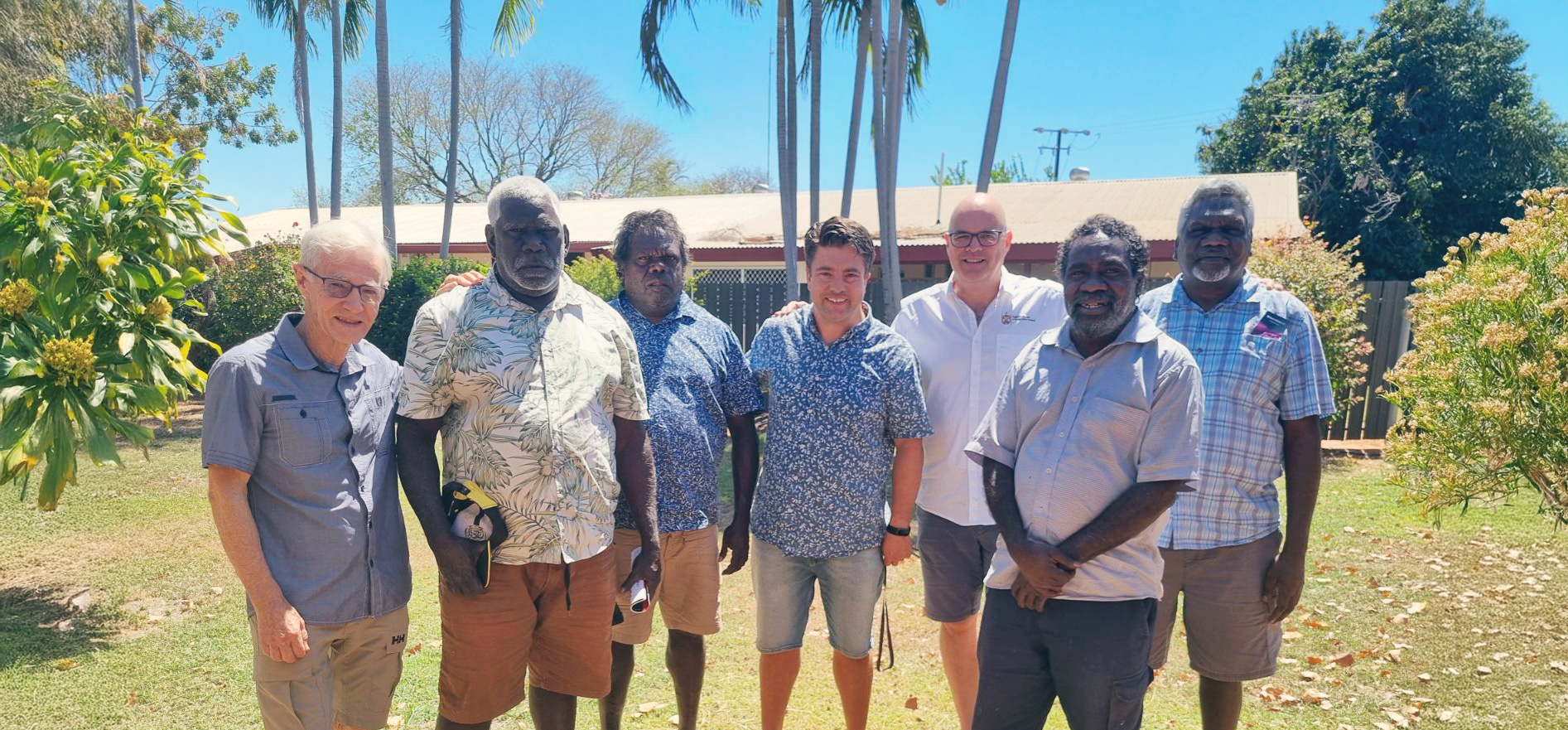Living theology
CMS missionaries Mike and Karen Roe serve in Cape Town, South Africa, where Mike teaches systematic theology at George Whitefield College to students from across Sub-Saharan Africa. Mike reflects on the place of discipleship in theological education.
“I have been watching you these two years. To see what kind of man you are.” My west African student, Emmanuel, caught me by surprise with the directness of this response, which came during a discussion with my second year Ethics students. It was certainly not how most African students interact with their lecturers or elders.
This exchange happened as we were discussing how we should greet each other on campus in light of the New Testament’s repeated instruction to “Greet one another with a holy kiss” (Romans 16:16 and elsewhere). They were less keen on the kissing part, but became unusually animated when discussing the issue of greetings: “Why do people here not greet us? Are they upset with us? Have we done something? Are they not Christian?”
The southern region of Cape Town (where George Whitefield College is located) is possibly the least ‘African’ place in all of Africa. Many of our students from across the continent find the cultural differences confusing, and the lack of greeting is just one example. They assume it’s a ‘Christian thing’ to stop and greet every person you come across in your entire day. What’s more, they would respectfully wait for an elder to initiate a greeting, and would feel it as an indirect expression of displeasure if this failed to happen.
Watching and learning
So you can understand the incongruity that many of our students feel between what they are being taught and what they sometimes experience here. But this points to a vital issue for theological education in Africa: what we teach cannot be separated from who we are.
From an educational point of view, African students are (typically) ‘field dependent’ learners. So learning is never just a transfer of information from one head to another. Even when students seem like quiet and passive recipients in class, they are constantly processing and actively integrating the informational content with the relational context of the classroom.
It is not surprising that Emmanuel has been watching me to see what kind of man I am. Because in most ways Emmanuel is typically African. While he is unusual in his willingness to speak his mind, he is very typical in how his mind processes what he is learning. Which is (incidentally) one reason why I am so thankful for my Zambian colleague in Namibia, (where we previously served), who graciously impressed upon me the utmost importance of greetings when I arrived there in 2016. What Emmanuel and the rest of my students take away from our classes is a product of both what I teach and who they think I am.
But I suspect this is not just an ‘African thing’. Whether we acknowledge it or not, theological education is never simply ‘teaching’. It’s discipling the next generation of Christian leaders.
The importance of discipleship
While discipleship might sound a little out of place in the hallowed halls of academia, with its necessary focus on grades, qualifications, and accreditation, it is central to the teachings of Scripture. Our Lord Jesus tells us: “I have set you an example that you should do as I have done for you,” (John 13:15). And while Jesus is our ultimate example, we are also to ‘be imitators of’ and ‘keep our eyes on’ those who are themselves following him (1 Corinthians 11:1, 2 Thessalonians 3:7, Philippians 3:17). Indeed, Christian leaders (and this includes theological educators), are explicitly told to set an example for those they serve (1 Timothy 4:12, 1 Peter 5:2–3); their lives of faith are to be imitated (Hebrews 13:7).
Yes, Emmanuel has been watching me; but he’s certainly not alone in that. And, from a New Testament point of view, the example I set my students and the relationships that I have with them, as I, a weak vessel, seek to follow Jesus’ ways, are not merely incidental to their education; they are an intrinsic part of their education. Which is both delightful and daunting.
So, it is probably good to remember Paul’s exhortation to Timothy:
“Be diligent in these matters … so that everyone may see your progress. Watch your life and doctrine closely. Persevere in them, because if you do, you will save both yourself and your hearers.”
(1 Timothy 4:15–16).
![]()
PRAY
Ask God to help teachers of theology like Mike and his colleagues in Africa’s Bible colleges to set an example of humble progress in godliness for their students.












































































































